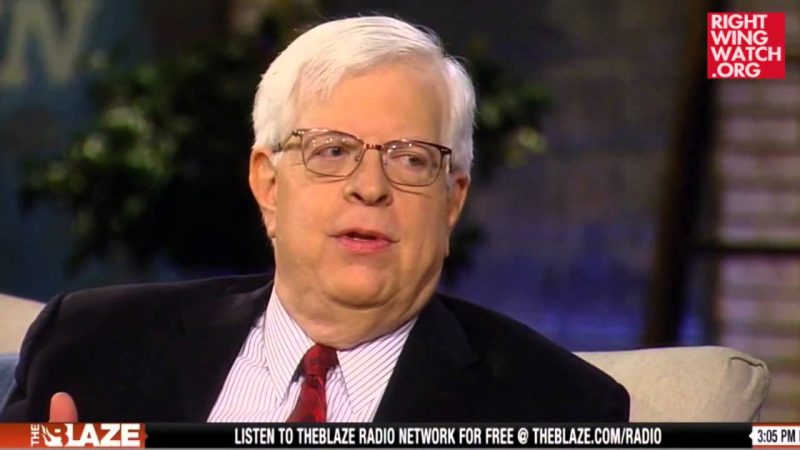The Parents Television Council, the right-wing television watchdog group founded by Brent Bozell, is dedicated to “documenting the dramatic increase in sex, violence and profanity in entertainment.” With that as its mission, it was not much of a surprise when they released a new report saying that they don’t like what they see:
Today’s prime-time television programming is not merely indifferent to the institution of marriage and the stabilizing role it plays in our society, it seems to be actively seeking to undermine marriage by consistently painting it in a negative light. Nowhere is this more readily apparent than in the treatment of sex on television. Sex in the context of marriage is either non-existent on prime-time broadcast television, or is depicted as a burdensome rather than as an expression of love and commitment. By contrast, extra-marital or adulterous sexual relationships are depicted with greater frequency and overwhelmingly, as a positive experience. Across the broadcast networks, verbal references to non-marital sex outnumbered references to sex in the context of marriage by nearly 3 to 1; and scenes depicting or implying sex between non-married partners outnumbered scenes depicting or implying sex between married partners by a ratio of nearly 4 to 1.
How exactly does the PTC quantify such things, you ask? Good question:
But, our personal fave is the Sept. 24 episode of NBC’s “Journeyman,” in which time-traveling journalist Dan has traveled back to a time when his now-presumed-dead wife, Olivia, was still, um, alive:
Olivia comes home and begins to change clothes. She is shown in her underwear. Dan and Olivia lie down on the bed and begin to kiss. Dan, who travels through time, notices his wedding band, apparently considering the fact that he is married to another woman in the future.
Parents Television Council has it filed under “Infidelity/Adultery.”
Yet, for some reason, this new PTC report is generating all sorts of press coverage. Apparently nobody in the media is concerned about PTC’s obvious right-wing agenda or, for that matter, bothered by the fact that, according to the FCC’s own estimates, the PTC has been responsible for nearly every indecency complaint filed in recent years:
In an appearance before Congress in February, when the controversy over Janet Jackson’s Super Bowl moment was at its height, Federal Communications Commission chairman Michael Powell laid some startling statistics on U.S. senators.
The number of indecency complaints had soared dramatically to more than 240,000 in the previous year, Powell said. The figure was up from roughly 14,000 in 2002, and from fewer than 350 in each of the two previous years. There was, Powell said, “a dramatic rise in public concern and outrage about what is being broadcast into their homes.”
What Powell did not reveal—apparently because he was unaware—was the source of the complaints. According to a new FCC estimate obtained by Mediaweek, nearly all indecency complaints in 2003—99.8 percent—were filed by the Parents Television Council, an activist group.
This year, the trend has continued, and perhaps intensified.
Through early October, 99.9 percent of indecency complaints—aside from those concerning the Janet Jackson “wardrobe malfunction” during the Super Bowl halftime show broadcast on CBS— were brought by the PTC, according to the FCC analysis dated Oct. 1. (The agency last week estimated it had received 1,068,767 complaints about broadcast indecency so far this year; the Super Bowl broadcast accounted for over 540,000, according to commissioners’ statements.)
The prominent role played by the PTC has raised concerns among critics of the FCC’s crackdown on indecency. “It means that really a tiny minority with a very focused political agenda is trying to censor American television and radio,” said Jonathan Rintels, president and executive director of the Center for Creative Voices in Media, an artists’ advocacy group.








